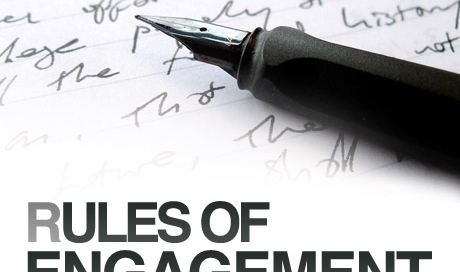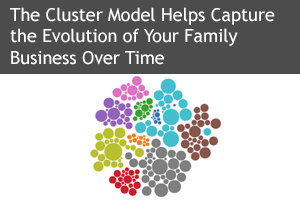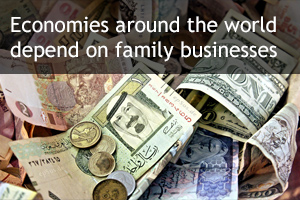Part One: Family Business Employment Policy: Philosophy
The process of building this policy required a great deal of discussion among the Wilson family. They needed to articulate who they were and what they stood for, and then they had to craft a statement that would work for them.















